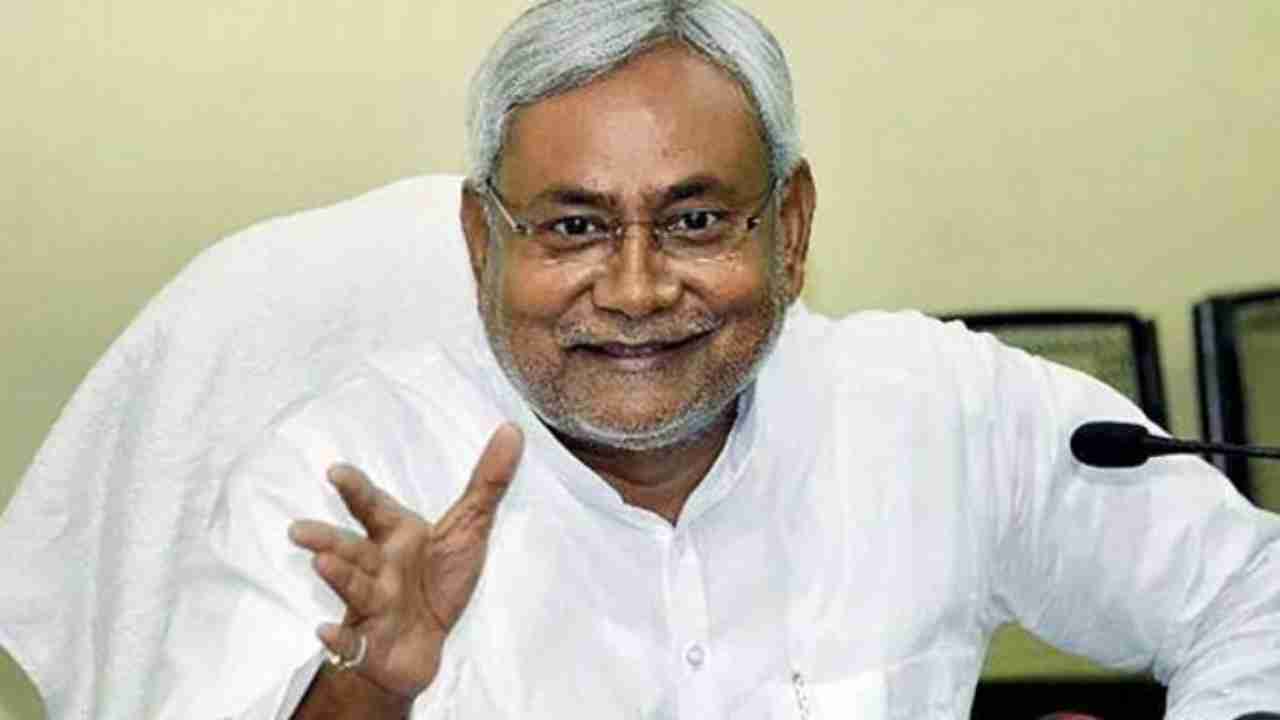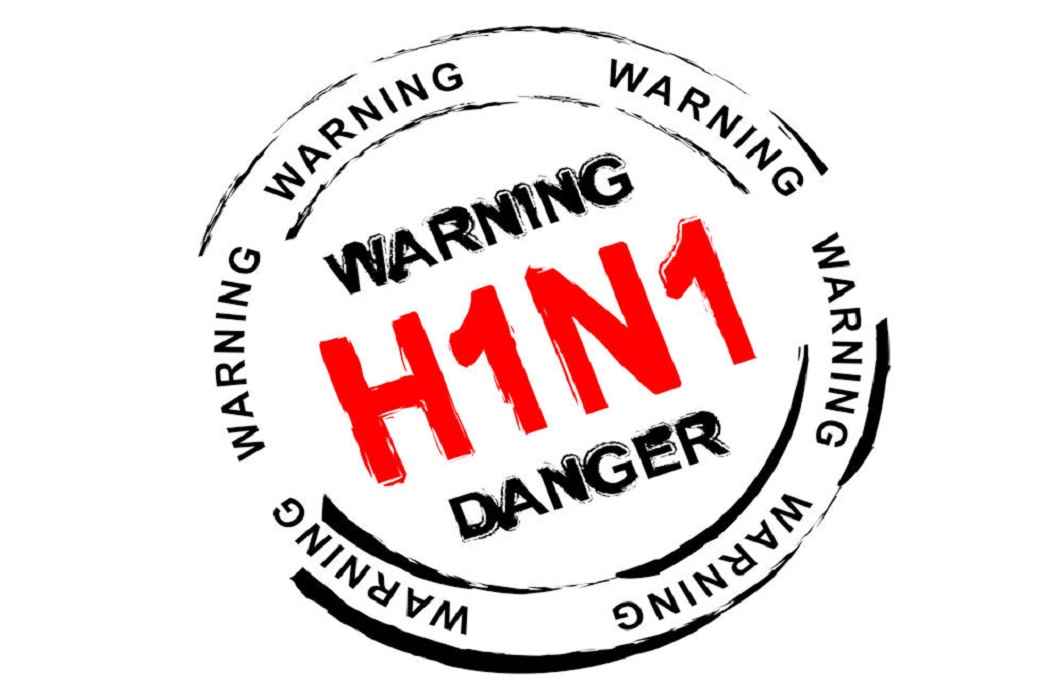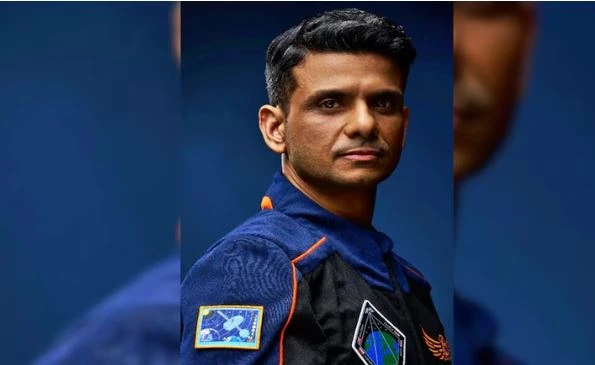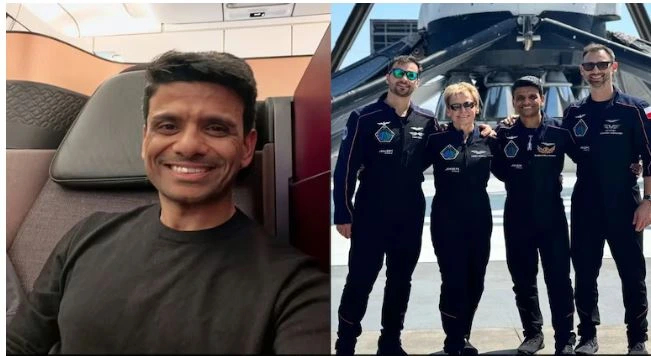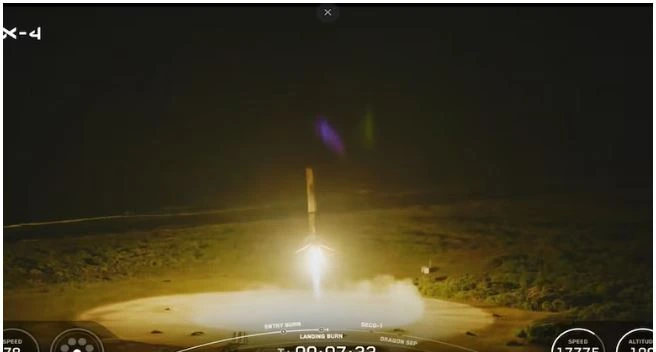Latest Science News
World AIDS Day 2018: Myths and facts about HIV

Latest Science News
Astronaut Shubhanshu Shukla to meet PM Modi after return from historic space mission
Astronaut Shubhanshu Shukla, who recently returned from the ISS as part of the Axiom-4 mission, will meet PM Modi this evening. Parliament will also hold a special discussion on his historic journey.
India News
Shubhanshu Shukla pens emotional note as he returns to India after space mission
Indian astronaut Shubhanshu Shukla penned an emotional Instagram post as he returned to India after his 18-day ISS mission, marking a milestone in India’s space journey.
Latest Science News
Shubhanshu Shukla becomes second Indian in space, lifts off for ISS aboard Axiom-4 mission
Group Captain Shubhanshu Shukla becomes the second Indian astronaut to travel to space after four decades, aboard the Axiom-4 mission to the International Space Station.
-

 Latest world news24 hours ago
Latest world news24 hours agoTrump says tariffs will replace income tax, criticises Supreme Court setback in key address
-

 Latest world news24 hours ago
Latest world news24 hours agoPM Modi to begin two-day Israel visit, defence and trade in focus
-

 India News24 hours ago
India News24 hours agoShashi Tharoor questions Centre over Kerala name change to Keralam
-

 India News15 hours ago
India News15 hours agoMK Stalin predicts frequent PM Modi visits to Tamil Nadu before assembly election
-

 Latest world news15 hours ago
Latest world news15 hours agoIndia eyes Rs 8,000 crore mid-air refuelling aircraft deal as PM Modi begins Israel visit
-

 Latest world news31 mins ago
Latest world news31 mins agoPM Modi reaffirms support for Israel, recalls 26/11 victims in Knesset address
-

 Latest world news22 mins ago
Latest world news22 mins agoCanada softens stance on alleged Indian interference ahead of PM Carney’s India visit
-

 India News11 mins ago
India News11 mins agoPM Modi crosses 100 million followers on Instagram, first world leader to achieve milestone

